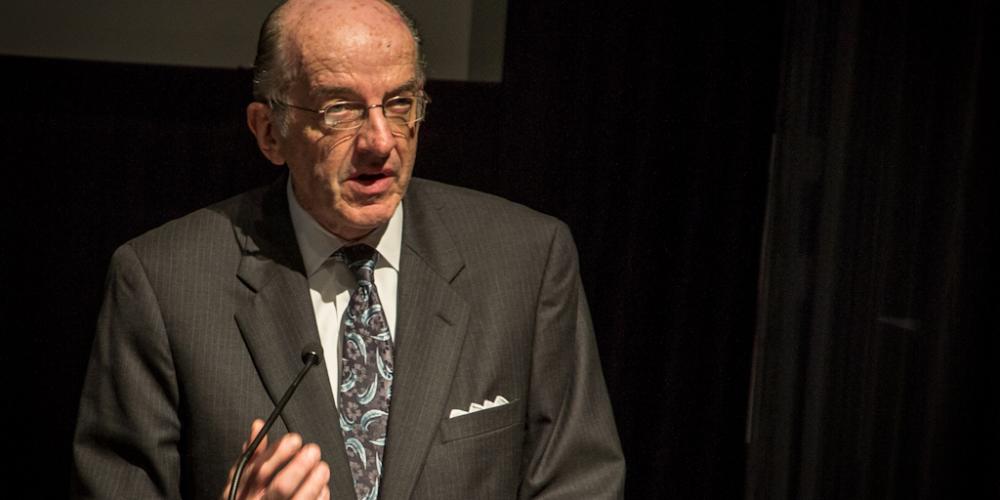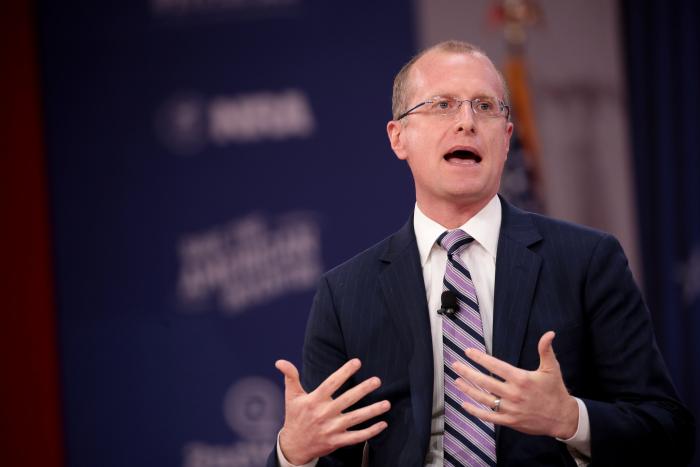
Michael Copps Put the 'Public' in Public Servant

The first trip I took as a Free Press staff member nearly 14 years ago was to St. Paul, Minnesota, where, on a rainy Thursday night, 700 people filling an auditorium and overflow room. Many of them lined up for hours and hours to stand at a microphone and testify about the problems of the media. I’d never seen anything like it.
People were there because a couple of FCC Commissioners had a radical idea: They should actually go out and listen to the public.
On another rainy night earlier this week in Washington, I thought back to that trip and the many that followed. I was lucky enough to be invited to a dinner organized by the Benton Foundation to celebrate the legacy of FCC Commissioner Michael J. Copps.
Former commissioners Jonathan Adelstein and Mignon Clyburn, numerous former Copps’ staffers, friends and allies gathered to toast the commissioner for his unwavering commitment to a more just and democratic media.
Copps, now a Free Press board member and senior adviser to Common Cause, has many accomplishments to remember and celebrate — so many in fact that the Benton Foundation commissioned a historical study of his decade-long tenure at the FCC, The Media Democracy Agenda: The Strategy and Legacy of Federal Communications Commissioner Michael J. Copps.
The report, written by University of Pennsylvania Professor Victor Pickard (another Free Press board member) and doctoral student Pawel Popiel (a former Free Press fellow), covers Copps’ biography, intellectual history, and his key role in fights over media ownership, Net Neutrality and the future of journalism. But it’s also a lesson in how to do a job like this ethically and effectively — to go into the swamp but never lose sight of your principles or moral compass.
Michael Copps put the public in public servant. As I told the authors: “He pushed the workings of this essential but obscure agency into public view. The popular awareness, engagement and historic victories that have followed would have been impossible without his leadership and willingness to work with public-interest groups and give the public’s views equal or greater weight than those of the industries the FCC is supposed to regulate. He broke down the walls hiding what the FCC was actually doing and along the way expanded Washington’s narrow view of what’s possible.”
The report really is a strategic handbook for how to do this job. I hope someone will slip a copy to the next commissioner to join the FCC.
As for Copps, he is not resting on his laurels. He was back outside the FCC on Wednesday morning, kicking off a protest of the agency’s attack on the vital Lifeline program.





